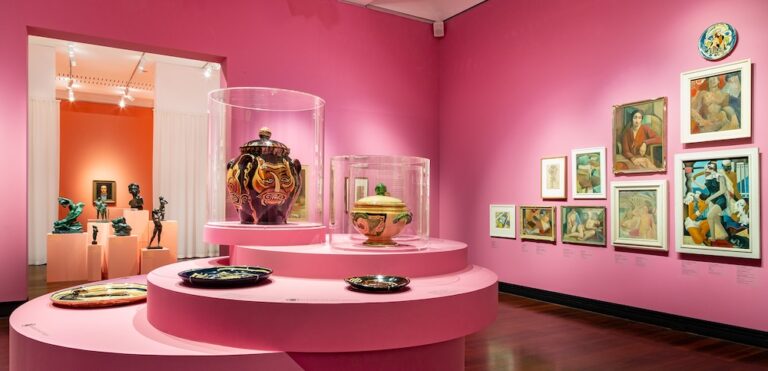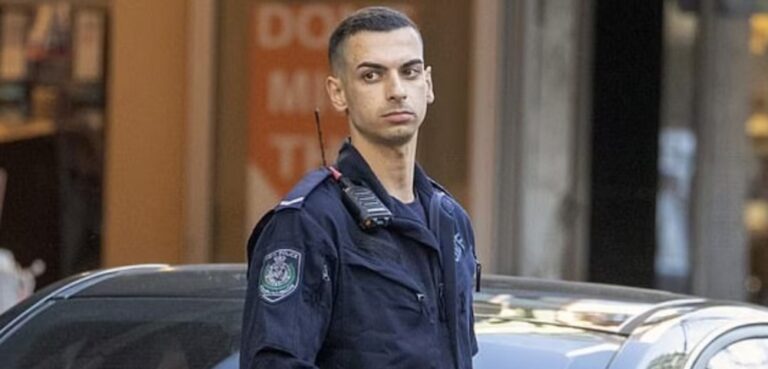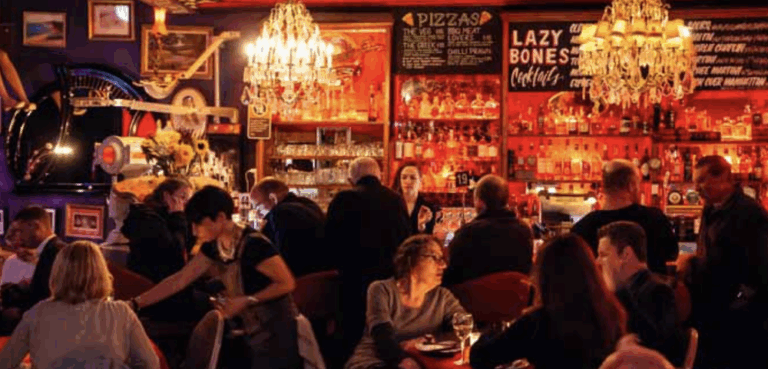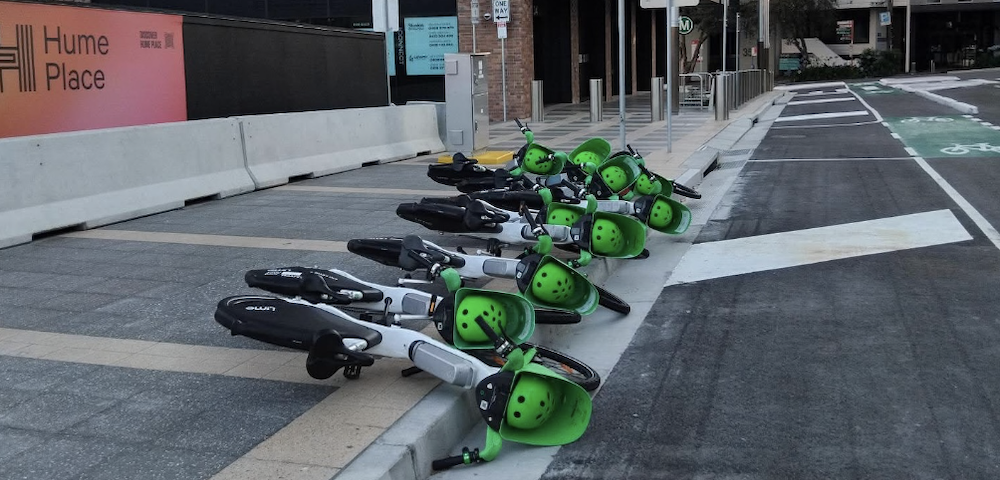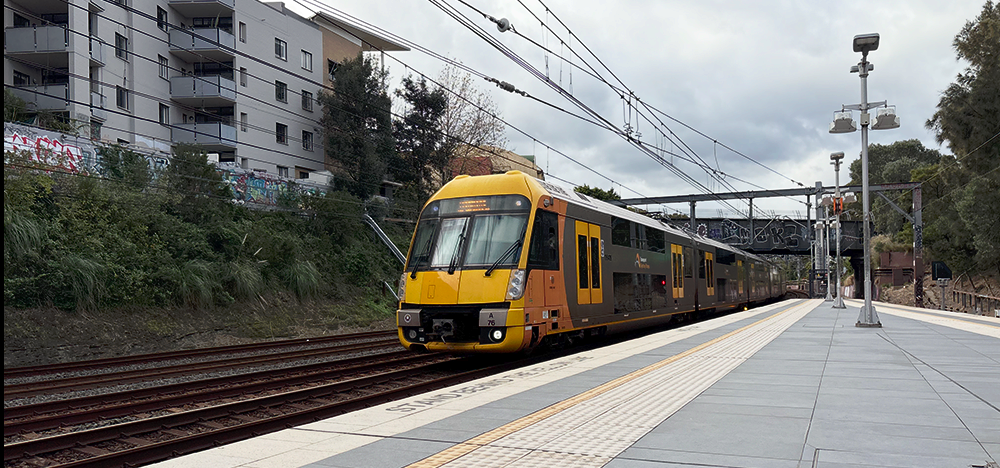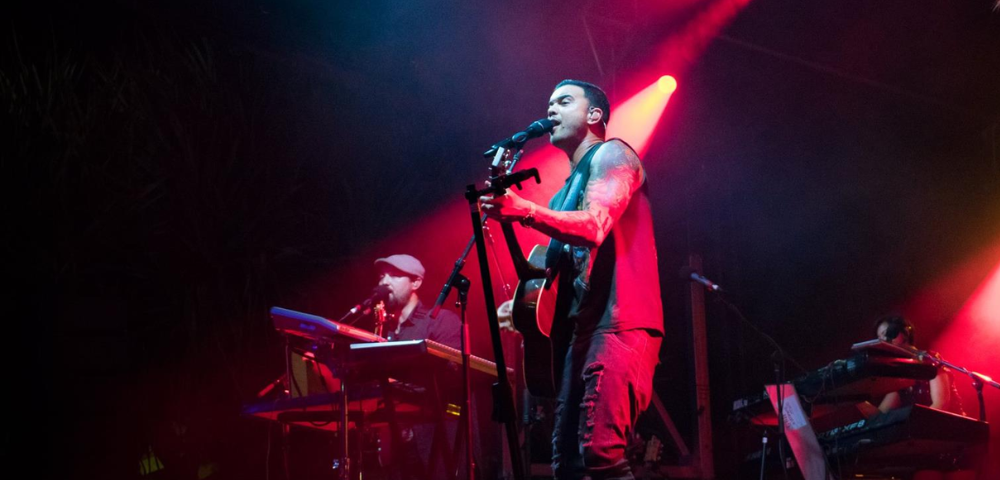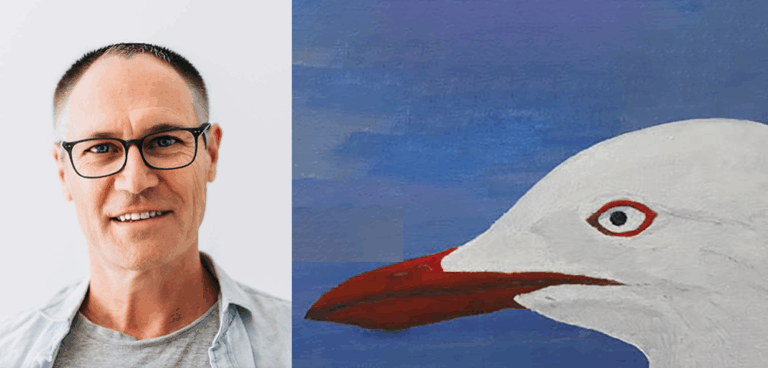
I never sang in Boris Godunov

Sydneysider: A personal journey
I can’t say I’ve ever actually sung in an opera, which is hardly surprising. But once, I really did perform in a professional production and it nearly led to a catastrophic accident, grievous injury to a tenor, a horse, and a lot of professional musicians, financial disaster for the Elizabethan Trust Opera Company and serious animal cruelty charges.
Back in mid-1969, when I was a student at University of Sydney my wife Ruth and I worked many odd jobs to augment my Commonwealth scholarship. Mostly, we did a lot of labouring on home renovations. This was in the early years of the gentrification of the inner suburbs and we were kept busy on weekends painting, stripping timber balustrades and landscaping backyards. And Ruth often worked for actress and second-hand dealer, Maggie Blinco, who had a weekend stall at the old Paddy’s Market building which stood where the Entertainment Centre is today.
But in mid-1969 our friend Peter Bloor (now an impresario based in Paris) landed us something really different: ‘supernumeraries’ in an Elizabethan Trust production of Boris Godunov. Supernumeraries (‘supers’ for short) is the theatre term for what would be ‘extras’ in movies. Boris was to run in the old Her Majesty’s Theatre at 107 Quay St (which closed in 2001) hard up against Railway Square.
Modest Mussorgsky wrote Boris Godunov in 1869, basing it on an 1831 Pushkin play of the same name. In characteristic Russian fashion, the Tsarist regime had more or less banned Pushkin’s effort and an Imperial ukaz of 1837 outlawed the portrayal in opera of Russian Tsars. This wasn’t lifted until 1837, when it became legal to portray non-Romanov Tsars, but the censors were still twitchy about Pushkin’s play and it wasn’t performed until 1871.
Mussorgsky’s effort was initially rejected by the Imperial Theatres committee partly because there were no female parts and partly because it featured “too many choruses and ensembles, whereas individual characters had too little to do,” as one of Muss’s friends recalled. Stung, Muss went back to his quill and chucked in a prima-donna and some other singing women, but the big ensembles remained, and it was the last of these that almost got me into serious trouble.
I think us supers only had a couple of rehearsals. Mostly we were dressed as starving peasants. We mingled with the chorus, followed them round mimicking their gestures and pretended to sing lustily. And dressed as a Polish monk I really did “carry a spear”.
My brush with theatrical infamy came when, at a debriefing at the end of the final rehearsal, the producer urged the assembled supers to pretend to sing more lustily than they had sung in the rehearsal and then, before letting us go, asked if anybody had had any experience with horses.
Tentatively, I put up my hand. No one else did. As the others filed out, the producer told me they’d just decided that in the final scene, “A forest Glade near Kromy,” the successful Pretender to Boris’ throne, (False) Dmitriy, would be led on, at the head of his army, singing, on a real horse. All I had to do was lead the horse on, wearing a monk’s outfit (me not the horse). We went back to the deserted stage and ran through the moves without the horse. It seemed simple enough.
On the opening night (27 May), the stage manager told me the horse’s trainer was going to do the part instead. I was disappointed. I’d rather fancied being able to say that I’d done such a thing.
But it was still fun being up there in the middle of a wonderful and famous opera. Everything went well until the final scene. Carrying a spear, I shuffled out onto the stage with the others. And then Dmitriy was led on. When the big horse reached the centre of the stage and Dmitriy started singing, it became increasingly agitated. Suddenly, it reared up on its hind legs and stayed up there. With one arm aloft gesticulating, and the other around the horse’s neck, Dmitriy kept singing. The chorus and the supers instinctively backed away as the trainer fought frantically to pull his charge back down, but the nag stayed right up on his hind legs and backed towards the crowded orchestra pit. Terrified musicians got to their feet, still playing heroically, and shuffled towards the audience. The show was within thirty centimetres of catastrophe when the trainer got his horse down and under control. If it had been me, a tonne of horse and an expensive tenor would have fallen backwards into the orchestra and the terrified beast would have lashed out in all directions.
I’ve never been so glad I’d lost a job. On the following night the whole horse thing was abandoned. The theatre itself was destroyed by fire a year later.
Like WC Fields said: never work with children or animals.

